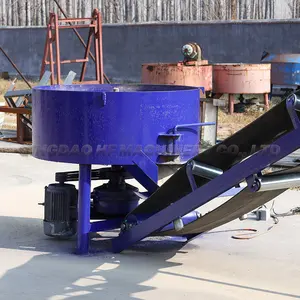Understanding Type Engine Block
The engine block is a fundamental component in automotive engineering, serving as the main structure of an engine. Often referred to as the heart of the engine, the type engine block houses critical elements of the internal combustion engine, including cylinders, pistons, and crankshaft. Different types of engine blocks are designed for specific applications, ensuring performance, durability, and efficiency that cater to various vehicle requirements.
Types of Type Engine Block
Engine blocks can be categorized into several types based on configuration, material, and designed use. Understanding these types is key to selecting the right engine for any automotive need.
- Inline Engine Block: The most common design, where cylinders are arranged in a straight line. This type is compact and often found in smaller vehicles.
- V Engine Block: Designed with cylinders arranged in a V-shape, this type is prevalent in high-performance vehicles allowing for more power within a compact space.
- Flat Engine Block: Also known as a horizontally opposed engine, where cylinders lie flat on either side of the crankshaft, increasing stability and lowering the center of gravity.
- Rotary Engine Block: Utilizing a unique design with a triangular rotor instead of conventional pistons, this type is known for its high power to weight ratio.
Function and Features of Type Engine Block
The engine block serves a myriad of functions while encapsulating unique features that enhance engine performance. Here are the primary functions and characteristics:
- Housing Components: The engine block provides a rigid structure for components like cylinders, pistons, and the crankshaft, maintaining their spatial relationships.
- Cooling System Integration: Many type engine blocks are designed with channels or passages for coolant to circulate, promoting efficient temperature regulation during operation.
- Fuel and Air Mixture Control: Engine blocks are often incorporated with intake and exhaust manifolds, facilitating the optimal mixture of air and fuel required for combustion.
- Vibration Damping: Well-designed engine blocks help to minimize vibrations during operation, providing a smoother driving experience and reducing wear on engine components.
Applications of Type Engine Block
The applications of type engine blocks are vast, affecting various sectors within the automotive industry. Each type offers distinctive advantages based on its design and intended use:
- Passenger Vehicles: Inline engine blocks dominate the passenger car market due to their compact size and efficiency, ideal for commuting and everyday use.
- Sports Cars and Performance Vehicles: V engine blocks are commonly found in performance-oriented models due to their high power output capabilities.
- Motorcycles: Flat engine blocks are often utilized in motorcycles, balancing performance with the need for stability and low weight.
- Heavy-duty Trucks: Robust V engine blocks support the demands of heavy vehicles, allowing for significant torque and power to haul large loads.






































